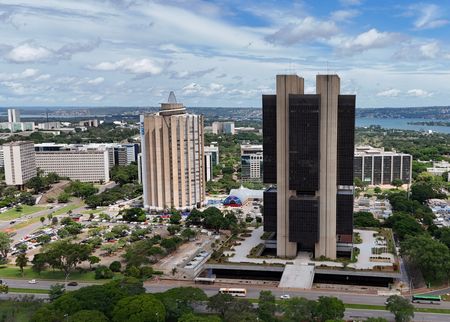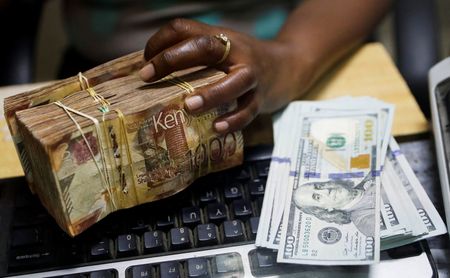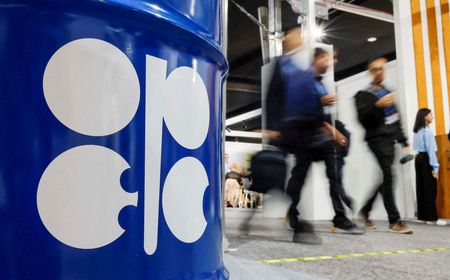By Marcela Ayres
BRASILIA (Reuters) -Brazil’s central bank on Tuesday stressed that cooling economic activity is crucial for bringing inflation to target, while labeling the unanchoring of inflation expectations and an overheating economy as “highly relevant” inflationary risks.
“The aggregate demand slowdown is an essential element of the supply-demand rebalancing process in the economy and inflation convergence to the target,” it said in the minutes of its latest policy decision, referring to its 3% inflation goal.
After raising rates last week by 100 basis points to 13.25% and signaling another matching hike in March, policymakers also noted in the minutes that market perceptions of the government’s fiscal framework and debt sustainability continued to weigh “significantly” on asset prices and expectations.
Looking ahead, the central bank said it will closely track economic activity, along with exchange rate pass-through following recent depreciation and volatility.
It will also monitor inflation expectations, which have become further unanchored and remain crucial in driving future inflation trends, it said.
Regarding economic growth, which the government expects to have reached around 3.5% in 2024, the central bank said recent data indicate early signs of moderation, particularly in goods and credit-sensitive sectors, aligning with its baseline scenario.
However, policymakers warned that past slowdowns were later reversed due to volatility rather than a shift in growth trends, which have shown “remarkable resilience.”
“As the labor market remains heated, it is difficult to assess to what extent a possible slowdown would reflect weakening demand or supply pressures, with different impacts on inflation,” the minutes said, after unemployment hit a historic low last year.
The minutes also flagged inflationary risks from a weaker currency, noting that U.S. policies under President Donald Trump could weigh on domestic assets.
After citing a downside inflation risk last week tied to potential disinflation from global trade or financial shocks – seen by many as a dovish signal – policymakers clarified that this would materialize if the baseline scenario failed to hold.
(Reporting by Marcela Ayres; Editing by Chizu Nomiyama )








